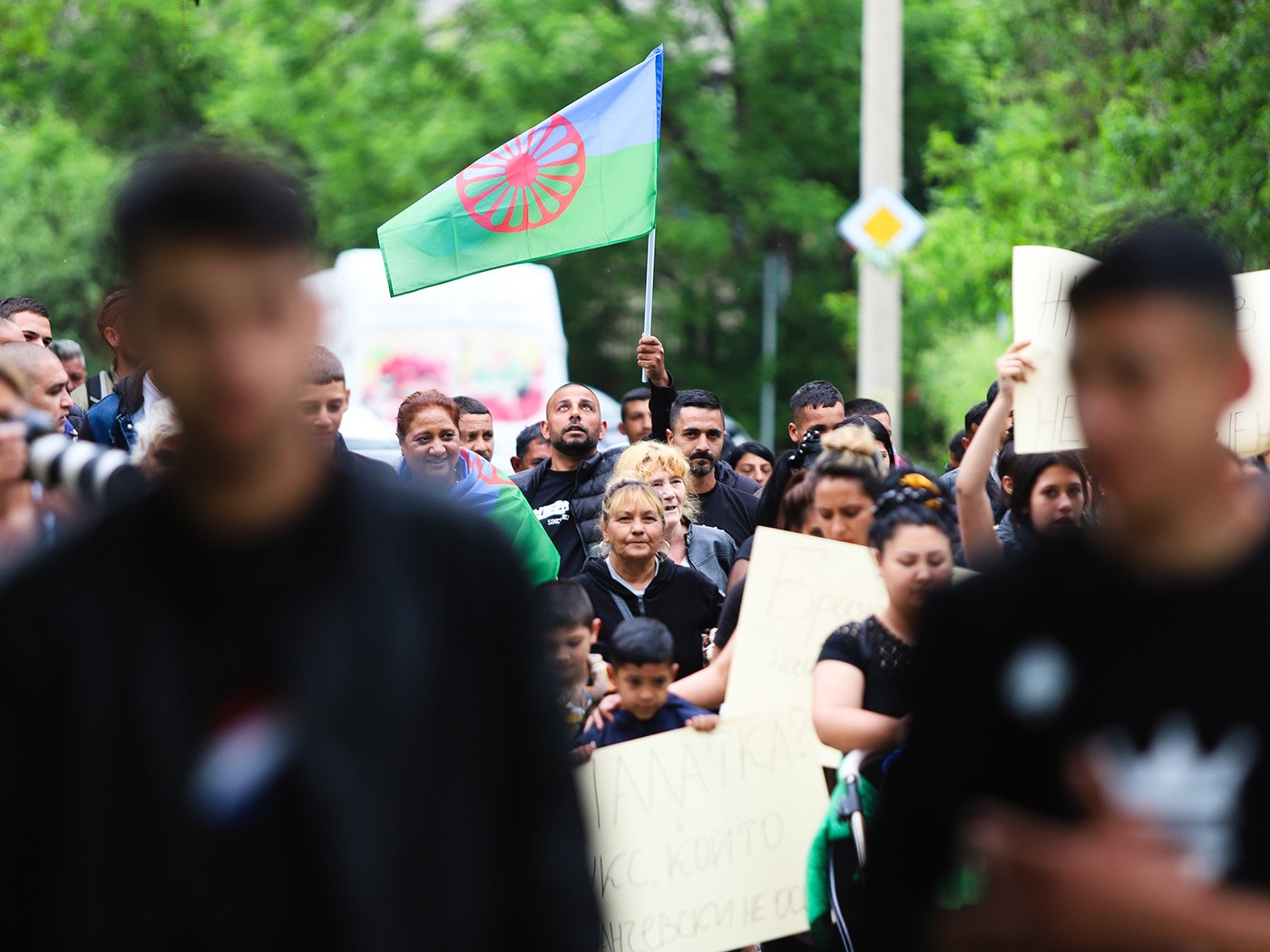Charlie Kirk’s assassination in America and the suppression of Roma in Europe expose the same mechanism: when hate is tolerated as politics, violence moves from the margins to the centre.
Superficially, the assassination of Charlie Kirk in America and the systematic suppression of Roma in Europe are different and unconnected stories. But a deeper look reveals a dangerous link between hatred, politics and violence. Hate-based violence targets groups; political violence targets political figures, institutions and systems of governance. Once hate becomes a widely used weapon in politics, these differences collapse. Violence spreads like a firestorm. The boundary that should separate argument from assassination dissolves, showing that hate never stays rhetorical. Once normalised, it does not stop at words—“other”, “criminal”, “traitor”, “enemy”. It ends at the trigger.
Charlie Kirk’s assassination in Utah was an extreme act of political violence. A young activist—divisive yet influential—was shot dead while addressing thousands. His death is first of all a human loss, but it is also a breach of the principle of non-violence in democratic politics. Similarly, Germany has seen mainstream politicians assaulted. France has seen local mayors targeted. Britain has lost MPs Jo Cox and David Amess to assassination. In the US, two state legislators in Minnesota were shot in their homes just months before Kirk’s assassination. As with other political figures who have suffered violence, regardless of ideology, the lesson is that if protection can collapse around them, it can collapse around anyone.
That same logic also targets Roma who step into politics. In Italy, Dijana Pavlovic, one of the country’s most visible Roma cultural figures and a long-time activist and candidate, has endured intimidation for years, facing harassment intended to silence her work. In Romania, candidates of ARESEL—a civic movement promoting Roma rights and political participation—have been threatened and obstructed. Anda Constantin and Alin Banu, civil rights leaders advocating for Roma voter empowerment, faced defamation campaigns and threats of violence during the last elections in Romania.
Across Europe, this corrosion of politics has been accelerating among different political camps. Germany alone recorded nearly 60,000 politically motivated crimes in 2023—the highest on record. More than half came from the far right, whose violent incidents outnumbered those of the far left by nearly four to one.
Again and again, violence against ethnic and religious minorities has been used as a political weapon. Beyond verbal attacks, we have seen assaults on migrants, mosques and synagogues in France, Germany and elsewhere—acts designed to send political messages. Similarly, pogrom-style attacks on Roma camps in Naples and Turin followed statements from national leaders branding entire Roma communities as “criminal” and illegitimate. In Hungary and Slovakia, paramilitary patrols continue to intimidate Roma neighbourhoods with near impunity. In each of these cases, hateful attacks went hand in hand with right-wing extremists’ claims to political power.
But political violence does not always take the form of dramatic, headline-grabbing attacks. The case of Roma in Europe shows how political violence can be subtle, systematic and slow-paced, yet no less corrosive—and too often ignored by those with the power to stop it.
At polling stations in Romania and Bulgaria, Roma voters are harassed, threatened or corralled into schemes that manipulate their votes and strip the ballot of meaning. These are not just acts of prejudice. They are political violence: deliberate efforts to deter participation, hollow out representation and extract votes by force. International monitors have confirmed the pattern. The Organization for Security and Co-operation in Europe has documented repeated harassment of Roma voters, and the Council of Europe has described Roma exclusion as a structural failure of democracy itself. Whenever Roma step forward politically, intimidation escalates, protection recedes, and accountability disappears.
This kind of political violence may look different from the assassination of high-profile political figures. But the underlying logic is the same: violence has crept into political life, becoming politically acceptable not by declaration but through action. The line between violence as an expression of hate and violence as a political tool erodes, with each reinforcing the other.
For Europe’s elites, the lesson should be clear. Tolerance of anti-Roma hate marks the opening stage of a direct threat to democracy. Left unchecked, it fuses with political violence and spreads across the system.
Ursula von der Leyen’s State of the Union address acknowledged the threat of polarisation and radical ideologies. She was right to raise the alarm. But words of concern are no substitute for systems of protection, especially for those most vulnerable to the toxic mix of hate and politics. Roma voters, independent candidates and activists are not side issues in European democracy—they are the early warning system.
Political violence in all its forms must be confronted directly. Intimidation at polling stations must be prosecuted as a violent threat to democracy. Voter intimidation networks must be dismantled as organised crime. Threats against candidates and elected officials must be treated as political violence and punished accordingly. Otherwise, shocking and headline-grabbing moments—political assassinations, violent crackdowns by governments, attacks by extremist groups—will continue to dominate attention while their deeper roots remain ignored.
[Updated on 25 September 2025]

Mensur Haliti
Vice President for Democracy and Network Development
The latest

Serbia Must Amend Missing Persons Alert System to Protect Vulnerable Adults

Constitutional Review of the Šutar Law Confirms Serious Rule-of-Law Concerns

Europe’s Growth Depends on Roma Talent
Browse by category
Campaigns
Events
Facts
Press
Voices
For media inquiries:
[email protected]Sign up here so you don’t miss out on campaign updates, upcoming events and other news from the Roma Foundation for Europe and our network.
Sign up for our newsletter